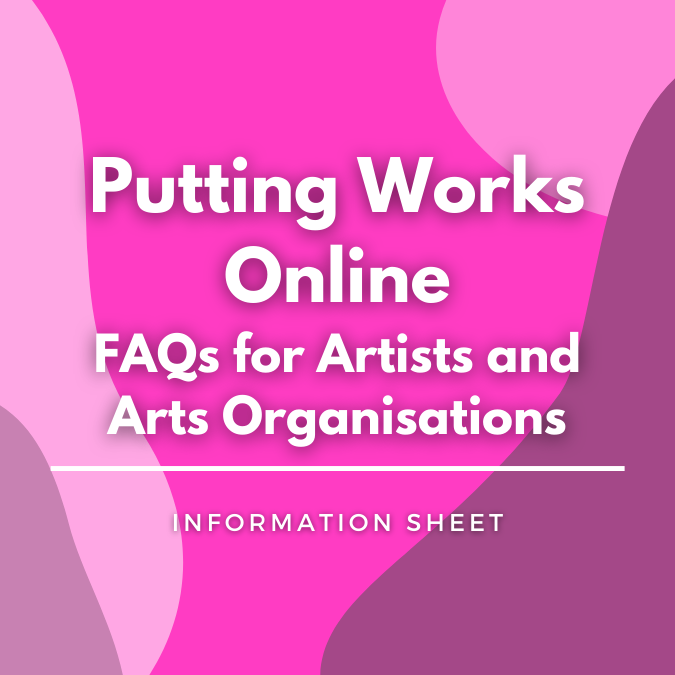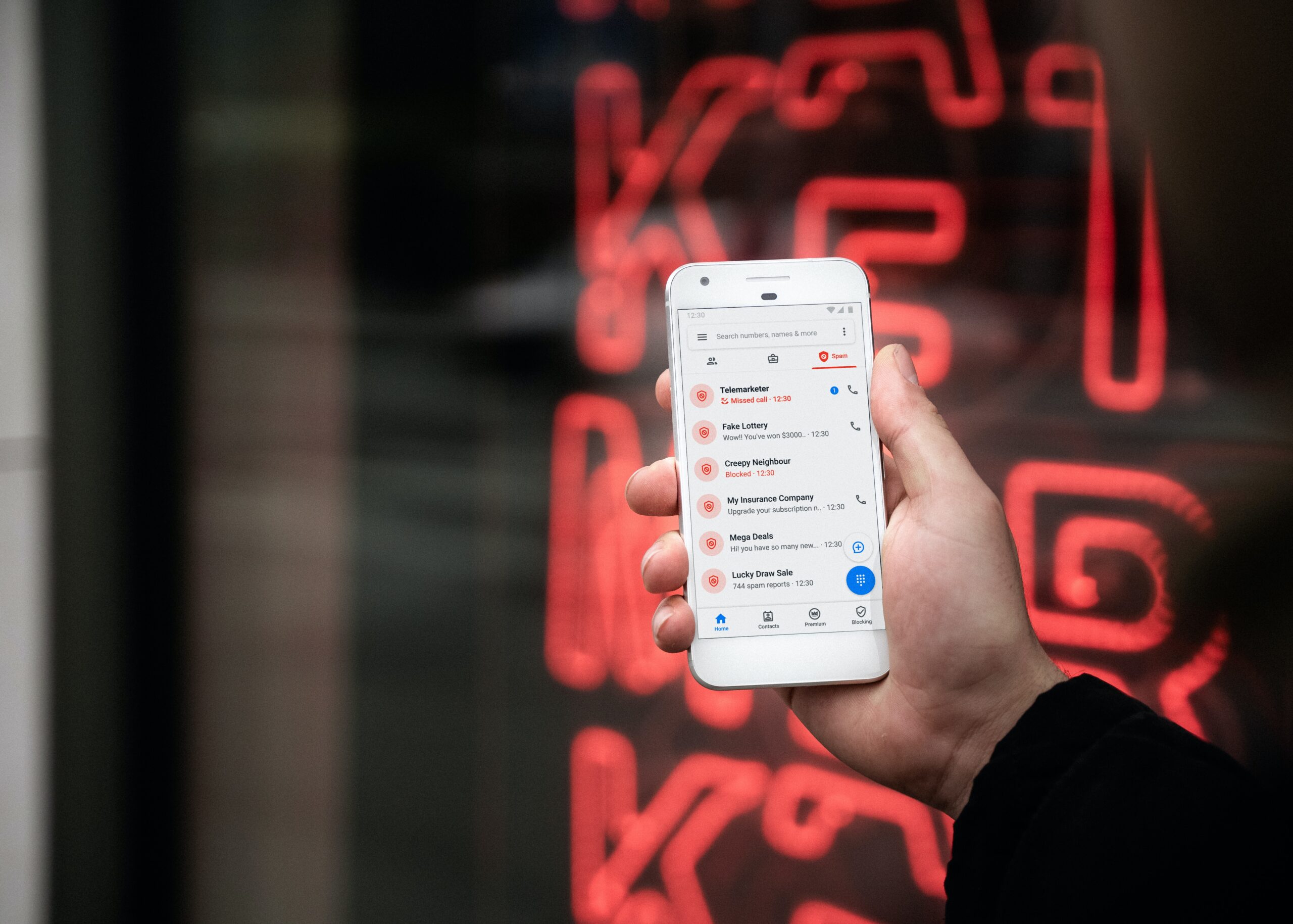Meta AI: The use of Facebook and Instagram content to train generative AI
Many artists use social media, including Facebook and Instagram, to promote their art and advertise their services. They upload their art and share it publicly. However, some artists are not aware of the terms and conditions – what licences and permissions are they giving (or have they already given) to the platform to use their art? Recently, there has been a lot of concern in the media and in creative arts circles about the use by Meta of content on Facebook and Instagram to train its AI tool (Meta AI).
Unfortunately, unlike their European counterparts, Australian creators are not able to “opt-out” of Meta using their public Facebook and Instagram content to train MetaAI, and this may well have already occurred.
What is Generative AI? What is the concern?
Generative AI is a type of artificial intelligence technology that can be used to create content, such as text, music, images and film.
Many creators use generative AI. However, many creators are very concerned about the responsible use of AI. Large quantities of data are required to train generative AI. Artists are concerned that their work has been scraped or ingested without permission, without compensation and without credit. Outputs from Generative AI can mimic creative work. Outputs can also be inaccurate and misleading.
There are currently several lawsuits in progress around the world in relation to whether the use of copyright material to train AI models without permission is an infringement of copyright.
Arts Law is concerned to ensure that artists’ rights are at the fore in policy and law-making concerning appropriate use of generative AI. Arts Law has urged the Government to regulate and safeguard appropriately, ensuring respect is afforded to artists and their work. Critical to this is transparency and consent for any use of copyright material to train AI models.
You can read more about generative AI in our information sheet. You can read more about Arts Law’s advocacy, and you can read more about our recent submission to the Select Committee on Adopting AI here.
Has Meta AI been trained on my Facebook and Instagram photos?
Meta AI is a generative artificial intelligence product. Meta AI can be used within some of Meta’s products, such as Facebook, WhatsApp and Instagram, and can also be used as a standalone product.
Meta says that it trains its AI model on information that is publicly available online, licensed information and information shared on Meta’s Products and Services.
Meta has said that Meta AI has already been trained on Facebook and Instagram posts and photos. It says: “Publicly shared posts from Instagram and Facebook – including photos and text – were part of the data used to train the generative AI models underlying the features we announced … . We didn’t train these models using people’s private posts. We also do not use the content of your private messages with friends and family to train our Ais.”
Meta has published a document, “How Meta uses information for generative AI models and features”, that explains more.
What is happening on 26 June 2024 and can I opt out of Meta using my content to train Meta AI?
There have been a lot of reports in the media and on social media about changes to the Meta Privacy Policy that are happening on 26 June 2024. However, it seems that the reported changes are for users in the European Union and the UK, not Australia.
Meta recently announced the expansion of Meta AI into Europe. It explained that it has been sending people in Europe a link to a form that gives people the right to object to their data being used in AI models. Following complaints by European regulators, Meta then announced that it has delayed the launch of Meta AI in Europe and would address specific requests from regulators ahead of starting the training. So, it appears there is no longer a 26 June deadline.
Meta’s Privacy Policy that is accessible in Australia was effective from 27 December 2023 and currently does not show any notice of impending changes. The Opt-Out form appears to be unavailable.
Unfortunately, it therefore appears that Australian artists cannot use the new opt-out form (nor can we see the opt-out from using an IP address from Australia).
Meta’s original announcement for Europe said: “We are honouring all European objections”. Why the difference? Why can’t Australians opt out? The answer seems to be that Europe has some of the strictest privacy laws in the world – the General Data Protection Regulation (GDPR). Those laws provide greater privacy regulation than Australian law presently does.
What does my agreement with Meta say?
If you have signed up to Facebook or Instagram, you have an agreement with Meta about how your information and images can be used.
The key documents that you should consider include:
- Instagram’s Terms of Use
- Facebook’s Terms of Service
- Meta’s Privacy Policy
Under these documents, you grant Meta broad rights to use your creative work if you upload it to Instagram or Facebook:
- Under Instagram’s Terms of Use, you grant Meta “non-exclusive, royalty-free, transferable, sublicensable, worldwide licence to host, use, distribute, modify, run, copy, publicly perform or display, translate and create derivative works of your content (consistent with your privacy and application settings). This licence will end when your content is deleted from our systems.”
- Under Facebook’s Terms of Service, you grant Meta a licence to use your content to provide and improve Meta’s Products and Services. You grant Meta “a non-exclusive, transferable, sub-licensable, royalty-free and worldwide licence to host, use, distribute, modify, run, copy, publicly perform or display, translate and create derivative works of your content (consistent with your privacy and application settings). … You can delete individual content that you share, post and upload at any time. In addition, all content posted to your personal account will be deleted if you delete your account.”
There is limited detail in Meta’s Privacy Policy on training Meta AI. The Policy says that Meta uses information that you provide to improve its products and create new ones. The Policy also says: “We also share information with Meta Companies to support innovation. For example, your videos can help train our products to recognise objects, such as trees, or activities, such as when a dog chases a ball. They can also help train tools that let people and businesses create content such as images and videos. This technology is used to help us offer new products or features in the future.”
These licences and permissions given (both in the terms of use/service and privacy policy) are likely broad enough to include training AI on your content and information, even though they do not specifically refer to it. The terms do not clearly address whether the AI can be trained using private content, even though Meta has said publicly that it will not train AI on this content. While the terms talk about your ability to delete content and your account, the terms do not explain what happens if the AI has already been trained on that content. The terms could certainly benefit from further transparency!
What can I do?
- Be careful what you upload. Think about what you are sharing, both in terms of your privacy, and also your creative content.
- Read the terms and conditions and privacy policy of any online platform that you use. Make sure that you are comfortable with those terms and the permissions that you are giving. If the platform notifies you of any change in the terms and conditions, read that change before you agree to it.
- Consider whether posting your photographs or art as “private” will meet your business needs. Meta has said that its AI has not been trained on private posts, but it is not clear whether Meta has agreed that it will not in the future train its AI on posts that are not public. Practically, if you are posting on your public business page, you may not be able to prevent your posts being used to train AI.
- You can delete your content – this may mean that Meta should generally delete your content, but the AI model may have already been trained using your content. You can read details about deleting your content in the terms of use (although again, AI training is not expressly addressed).
- Review and manage your Meta privacy settings – there are lots of setting that you can change.
- You can make a request to Meta about how your personal information from third parties is used to train Meta AI.
- Raise privacy concerns you have with the Office of the Australian Information Commissioner (OAIC). The OAIC is the national regulator for privacy and has advocated for reform to Australian privacy laws.




